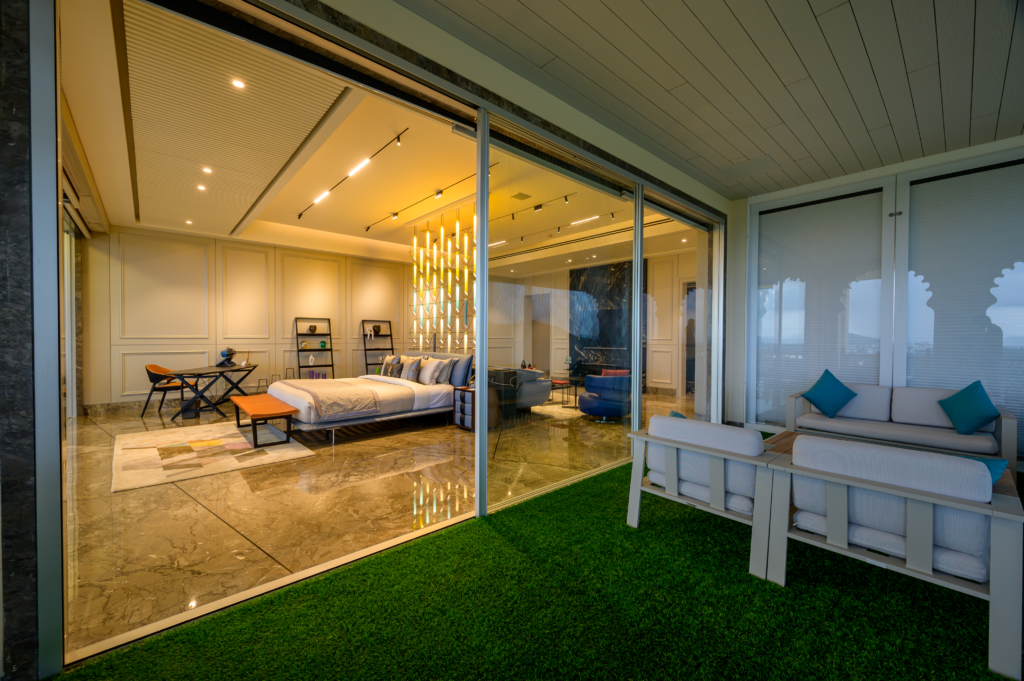From Kites to Candles: Celebrations through windows

ALFEN Systems Pvt. Ltd
India’s winters are a season of joy, marked by vibrant festivals like New Year’s Eve, Makar Sankranti, Lohri, and the lead-up to Republic Day. Families gather, homes glow with lights, and the crisp winter air carries the aroma of festive delicacies. Amidst this celebration, one often-overlooked hero quietly enhances the experience: aluminum doors and windows.
Comfort in the Winter Chill
Modern aluminum frames, when paired with insulated glass, help maintain warmth indoors. This ensures that families celebrating late-night New Year parties or early morning kite-flying during Makar Sankranti remain cozy. Festivals bring joy but also noise. Aluminum windows with double glazing reduce outside disturbances, allowing peaceful family gatherings.

Aesthetic Elegance for Festive Decor
Aluminum doors and windows offer slim profiles that maximize natural light-perfect for showcasing rangoli, fairy lights, and festive décor. Whether it’s a traditional home in Jaipur or a modern apartment in Mumbai, aluminum blends seamlessly with diverse architectural styles.
Makar Sankranti & the Joy of Open Spaces
Sliding aluminum doors create seamless transitions to balconies and terraces, where families gather to fly kites and share sweets like til-gud laddoos. Strong aluminum frames ensure children can enjoy festivities without compromising on security.
Aluminum main doors, often customized with festive motifs or glass panels, set the tone for welcoming guests. With better insulation, homes save on heating costs—making celebrations more sustainable.
Aluminum is 100% recyclable, aligning with the eco-conscious spirit of today’s celebrations. Choosing aluminum doors and windows means embracing durabi-lity, sustainability, and style—values that resonate with the evolving Indian household.

As India steps into 2026, aluminum doors and windows are more than just architectural elements. They are gateways to warmth, safety, and beauty, ensuring that every festival—from the sparkle of New Year’s Eve to the colorful skies of Makar Sankranti—is celebrated in comfort and style.
ALFEN Systems Pvt. Ltd
Web : www.alfen.in





